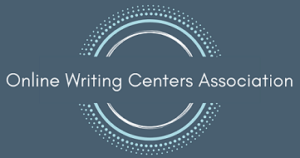The Rhetoric of Written Response to Student Drafts (1998)
Several years ago, The Writing Lab Newsletter carried a number of articles on OWLing, or on-line writing labs. The articles explored some of the ethical, rhetorical, and practical questions raised by the practice of writing responses to student drafts (Coogan, Crump, Jordan-Henley and Maid, Spooner).
